Good riddance, Internet Explorer
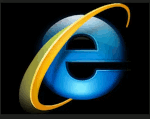 Two days ago (and not before time. Ed.) Microsoft ended support for Internet Explorer (IE) 11, the final version release of its web browser first introduced in 1994.
Two days ago (and not before time. Ed.) Microsoft ended support for Internet Explorer (IE) 11, the final version release of its web browser first introduced in 1994.
Over the years, Microsoft has been steering Windows users away from IE and towards Edge, its newer browser which is based upon the free and open source Chromium browser.
However, for those that still use sites and or pages that exploit the standards-ignoring qualities of IE, Edge does have an IE compatibility mode.
IE’s inability to adhere to standards had in the past created lots of extra work for web developers who had to code work-arounds for IE just to get their pages to work in what was then the world’s most popular browser. It was the world’s largest browser mainly due to Microsoft bundling IE with its Windows operating system and integrating it deeply into the structure of the OS. This led to lots of angry comments in the code of webpages and style sheets, frequently employing intemperate language.
Media – and social media – reactions to and reports of the news have been mixed. Business Matters on the BBC World Service got all misty-eyed and nostalgic earlier in the week. However, my favourite response to date is from the Twitter user known as beConjuror, drawing attention to the ‘not responding‘ feature of many of Microsoft’s fine products.
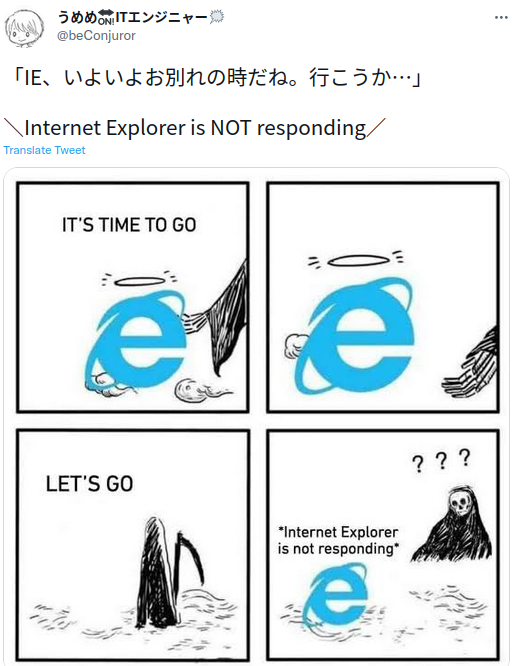
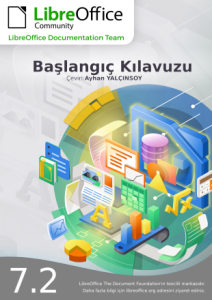

 Klingon is of course well known to lovers of the US science fiction Star Trek media franchise created by Gene Roddenberry as the language of the alien race of the same name and created by US linguist
Klingon is of course well known to lovers of the US science fiction Star Trek media franchise created by Gene Roddenberry as the language of the alien race of the same name and created by US linguist 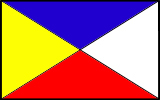 Interslavic is a pan-Slavic auxiliary language whose purpose is to facilitate communication between people from different Slavic nations, as well as allowing those who do not know any Slavic language to communicate with Slavs by being understandable to most, if not all Slavic speakers without them having to learn the language themselves.
Interslavic is a pan-Slavic auxiliary language whose purpose is to facilitate communication between people from different Slavic nations, as well as allowing those who do not know any Slavic language to communicate with Slavs by being understandable to most, if not all Slavic speakers without them having to learn the language themselves. This year’s LibreOffice Conference will open at noon CEST on 23rd September and will conclude at 5:30p.m. CEST on 25th September.
This year’s LibreOffice Conference will open at noon CEST on 23rd September and will conclude at 5:30p.m. CEST on 25th September. Way back in 2001, the prescient souls who established the Free Software Foundation Europe foresaw that people should be in control of technology and not vice versa.
Way back in 2001, the prescient souls who established the Free Software Foundation Europe foresaw that people should be in control of technology and not vice versa.

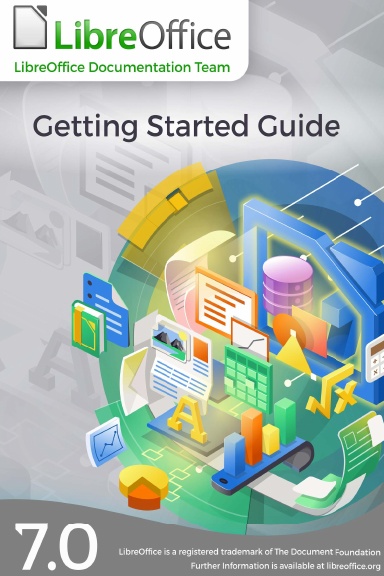
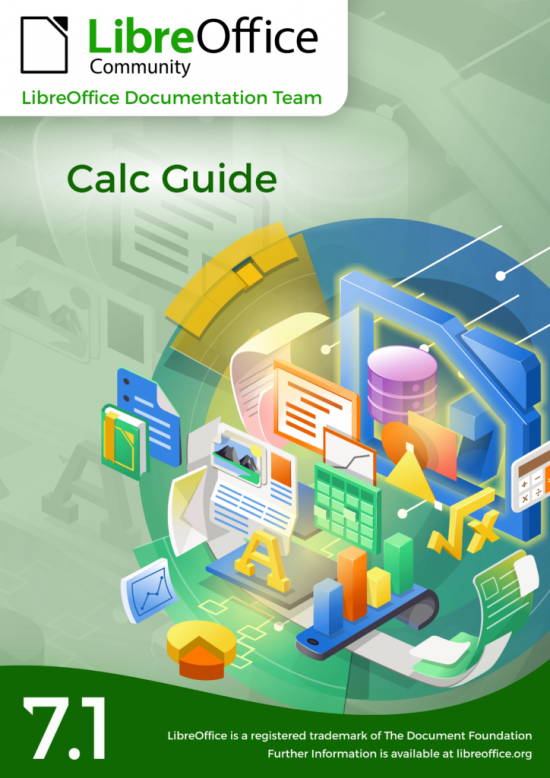
 For commerical deployments, TDF strongly recommends
For commerical deployments, TDF strongly recommends